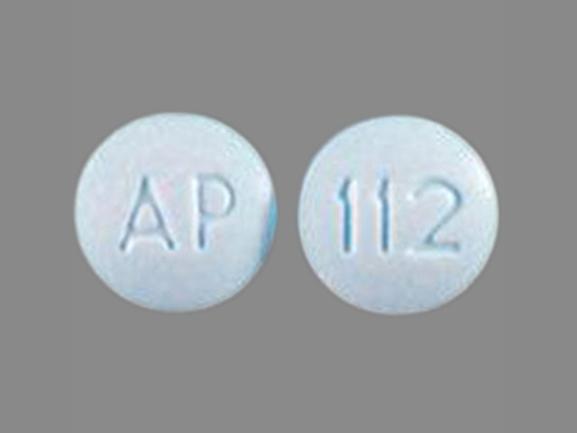Levsin Interactions
There are 209 drugs known to interact with Levsin (hyoscyamine), along with 19 disease interactions, and 2 alcohol/food interactions. Of the total drug interactions, 6 are major, 186 are moderate, and 17 are minor.
- View all 209 medications that may interact with Levsin
- View Levsin alcohol/food interactions (2)
- View Levsin disease interactions (19)
Most frequently checked interactions
View interaction reports for Levsin (hyoscyamine) and the medicines listed below.
- albuterol
- Ambien (zolpidem)
- Ativan (lorazepam)
- baclofen
- Benadryl (diphenhydramine)
- Cymbalta (duloxetine)
- famotidine
- Flonase (fluticasone nasal)
- gabapentin
- Haldol (haloperidol)
- ibuprofen
- Klonopin (clonazepam)
- lisinopril
- Lyrica (pregabalin)
- morphine
- omeprazole
- pantoprazole
- Phenergan (promethazine)
- prednisone
- Singulair (montelukast)
- Synthroid (levothyroxine)
- tramadol
- trazodone
- Tylenol (acetaminophen)
- Vitamin B12 (cyanocobalamin)
- Vitamin C (ascorbic acid)
- Vitamin D3 (cholecalciferol)
- Xanax (alprazolam)
- Zofran (ondansetron)
- Zyrtec (cetirizine)
Levsin alcohol/food interactions
There are 2 alcohol/food interactions with Levsin (hyoscyamine).
Levsin disease interactions
There are 19 disease interactions with Levsin (hyoscyamine) which include:
- autonomic neuropathy
- GI obstruction
- glaucoma
- obstructive uropathy
- reactive airway diseases
- myasthenia gravis
- infectious diarrhea
- cardiac disease
- tachycardia
- coronary artery disease
- gastric ulcer
- gastroesophageal reflux
- ulcerative colitis
- liver disease
- renal failure
- hypertension
- hyperthyroidism
- diarrhea
- fever
More about Levsin (hyoscyamine)
- Levsin consumer information
- Compare alternatives
- Pricing & coupons
- Reviews (16)
- Drug images
- Side effects
- Dosage information
- During pregnancy
- Drug class: anticholinergics/antispasmodics
- En español
Related treatment guides
Drug Interaction Classification
| Highly clinically significant. Avoid combinations; the risk of the interaction outweighs the benefit. | |
| Moderately clinically significant. Usually avoid combinations; use it only under special circumstances. | |
| Minimally clinically significant. Minimize risk; assess risk and consider an alternative drug, take steps to circumvent the interaction risk and/or institute a monitoring plan. | |
| No interaction information available. |
See also:
Further information
Always consult your healthcare provider to ensure the information displayed on this page applies to your personal circumstances.


